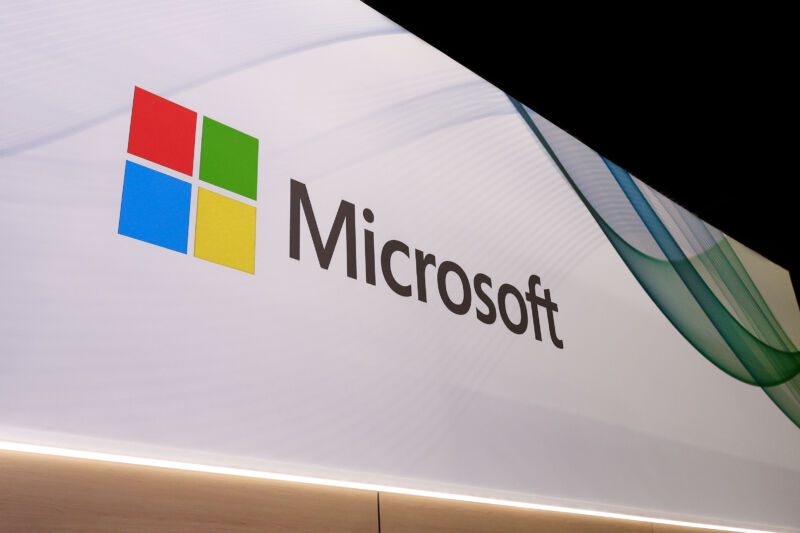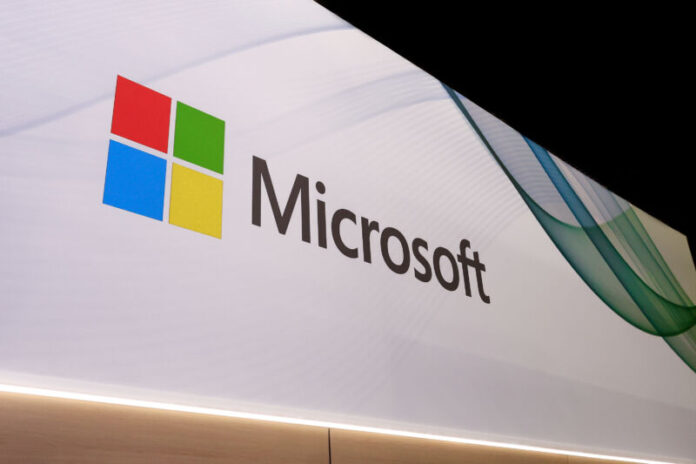
Enlarge (credit: Getty Images)
A federal Cyber Safety Review Board has issued its report on what led to last summer's capture of hundreds of thousands of emails by Chinese hackers from cloud customers, including federal agencies. It cites "a cascade of security failures at Microsoft" and finds that "Microsoft's security culture was inadequate" and needs to adjust to a "new normal" of cloud provider targeting.
The report, mandated by President Biden in the wake of the far-reaching intrusion, details the steps that Microsoft took before, during, and after the breach and in each case finds critical failure. The breach was "preventable," even though it cites Microsoft as not knowing precisely how Storm-0558, a "hacking group assessed to be affiliated with the People's Republic of China," got in.
"Throughout this review, the board identified a series of Microsoft operational and strategic decisions that collectively points to a corporate culture that deprioritized both enterprise security investments and rigorous risk management," the report reads.
Read 15 remaining paragraphs | Comments
Ars Technica - All contentContinue reading/original-link]




